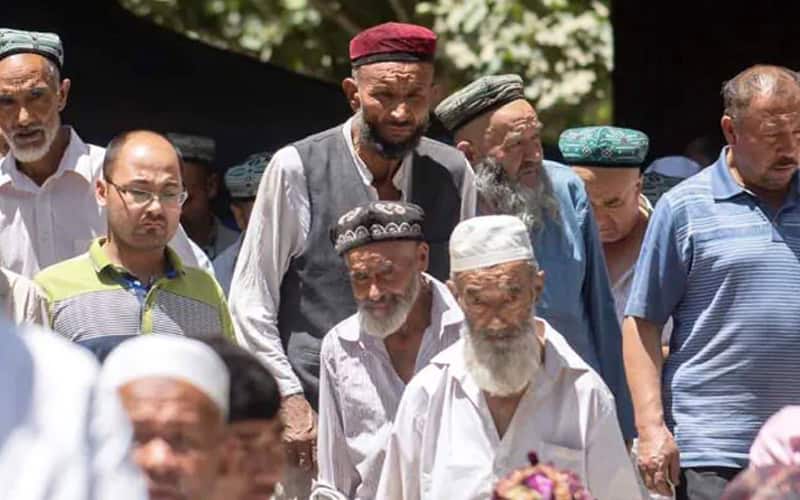Beijing: After Myanmar’s move against Rohingya’s Muslim, China is following similar steps as it has recently launched a five-year programme to “Sinicise Islam” to make it compatible with socialism.
In other words, Communist China has made a bold move by interfering with Islamic practices while most of the nations avoid interfering with Islamic practices out of fear of violent reprisals, TOI reports.
This move came after Pakistan, which borders China’s Muslim-populated Xinjiang province, defended Chinese officials against an outcry over Muslims being detained by Chinese authorities.
While the Pakistan foreign ministry accused the foreign media of “spreading false information” and sensationalizing the issue.
Pakistan said China had recently given Pakistan an additional $3 billion in aid to tide over a financial crisis.
“The main purpose of China’s five-year plan to Sinicise Islam is to seek governance that tallies with Chinese practice, and it is not only limited to Islam,” the Chinese Communist Party-run Global Times said in an article.
“Such governance should be suitable for all religions in China” it added.
This new plan to reform Islamic practices in China was unveiled at a meeting of representatives of eight Islamic associations on Saturday, official media said.
Religious associations in China are linked to the ruling Communist Party.
Participants at the meeting agreed “to guide Islam to be compatible with socialism and implement measures to Sinicise the religion”, the Global Times said.
“This is China’s important act to explore ways of governing religion in modern countries,” it said in an opinion piece.
The article further added that it has now become essential to “govern religion” to counter the rising wave of fundamentalism and religious nationalism which the Chinese government this is threatening the legitimate governments, leading to social instability.
It also said that cracking down on extremism and guiding religions to be compatible with socialism do not amount to the violation of freedom of religious practices.

